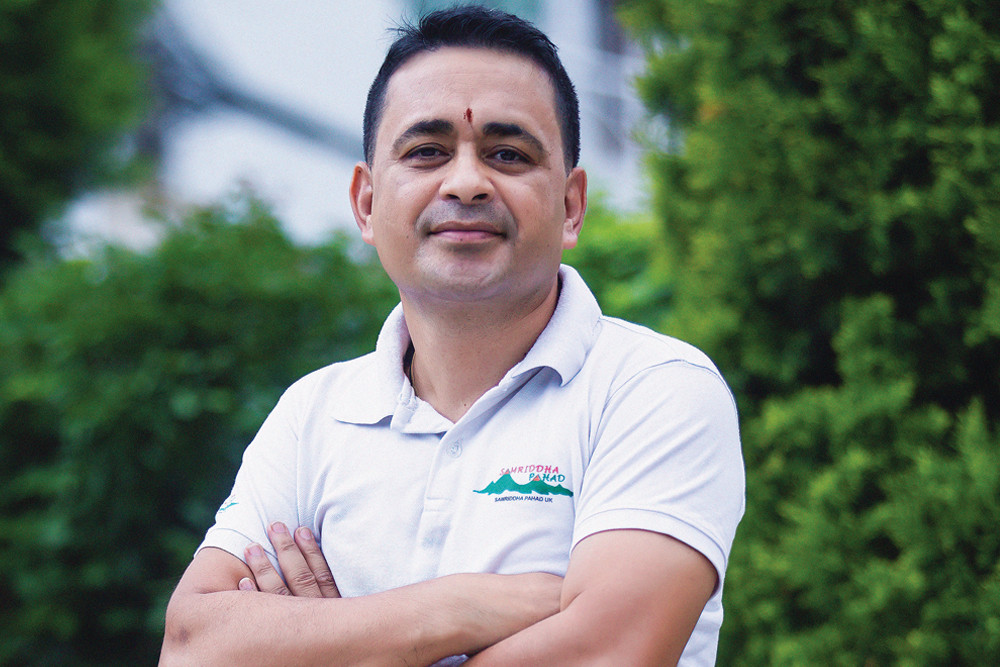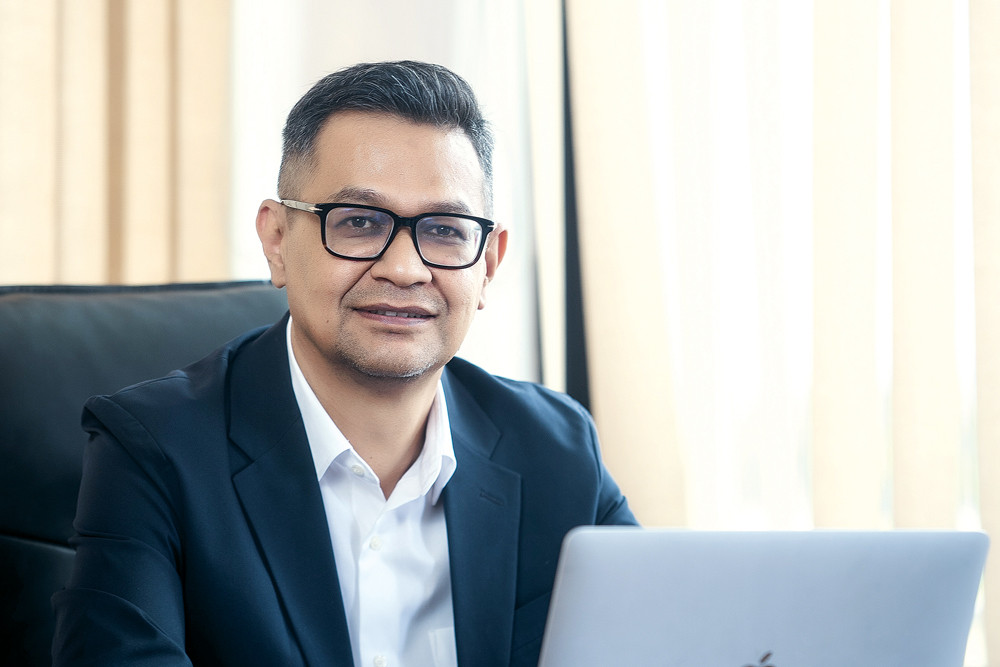
Bijay Amatya is the CEO of Kora Tours. He completed his Master of Arts degree in Economics from Tribhuwan University in mid the 70’s and took Tourist Guide Training thereafter. He then joined Yeti Travels where he worked till 2012 as Head of Sales and Marketing. Then in April 2013, Amatya resigned from Yeti Travels and the same year, he started Kora Tours focusing more on high-end travellers.
Dibesh Dangol of B360 interviewed Amatya to get his views on leadership, challenges faced as a leader, and his assessment of the status of tourism in Nepal. Excerpts:
How do you define leadership? What do you think are the three basic traits that a leader should possess?
Leadership, to me, means to inspire others to dream more, learn more, do more and become more. I believe a leader must have integrity, confidence and courage. These are the pillars of leadership one must have deep inside in them and which will give them the strength in testing times.
What motivates you in your work?
The challenge of creating new experiences and products for our foreign tour operators to offer to their clients, expanding our business by bringing new partners, and staying ahead of competition with new innovation like transformative tourism and higher standard of services and experiences motivates me and also reflects in my work.
What are the challenges you have faced as a leader?
The challenges I faced as a team leader was to be in the front line when the country and our industry was going through a very difficult time in the 90’s because of the curfews, general strikes and economic blockades. I faced these head-on without shying away whether inside the office or outside. But the biggest challenge for me was and is to keep motivating underperformers in my team.
How do you delegate responsibility to team members?
I delegate responsibilities to my team according to their experience, integrity and capabilities. I give them freedom to take decisions and hold them responsible for the decisions they take. They must own the result and consequences for the decision they make or take. Today, my role in the company is of an adviser and consultant where I give them guidance when needed. Rest of the time, they take decisions independently and own the responsibility for the decisions they take.
What would you consider your most significant accomplishment?
Successfully promoting Nepal to high-end travellers. If I have to take one accomplishment that would be when I brought a charter flight from Finland in 2004 with 160 guests for 11 nights in Nepal when the country was going through difficult days due to insurgency. Fortunately, everything went very smoothly leaving an un-forgetful impression on the guests.
Could you share and example of an innovative solution you have introduced?
I am a great believer of planned sustainable tourism focusing more on transformative tourism. I have moved away from traditional kind of tourism where you offer the so called golden triangle i.e. Kathmandu-Chitwan-Pokhara. The new shift is to offer experiences which could transform your guest leaving them with lasting good memories.
How do you assess the tourism status of Nepal?
Nepal is already on the tourist map of the world and has been improving over the years. But yes, we need to do more to make our destination attractive and safe. I think our government must have a clear policy about tourism – what type of tourists do we want and which direction do we wish to go in. Moreover, every individual and company involved in the tourism trade must focus on providing high quality of services to guests.
Any books on leadership you wish to recommend?
If there is one book that I would like to recommend that would be “Good to Great” by Jim Collins.


.jpg)


.jpg)